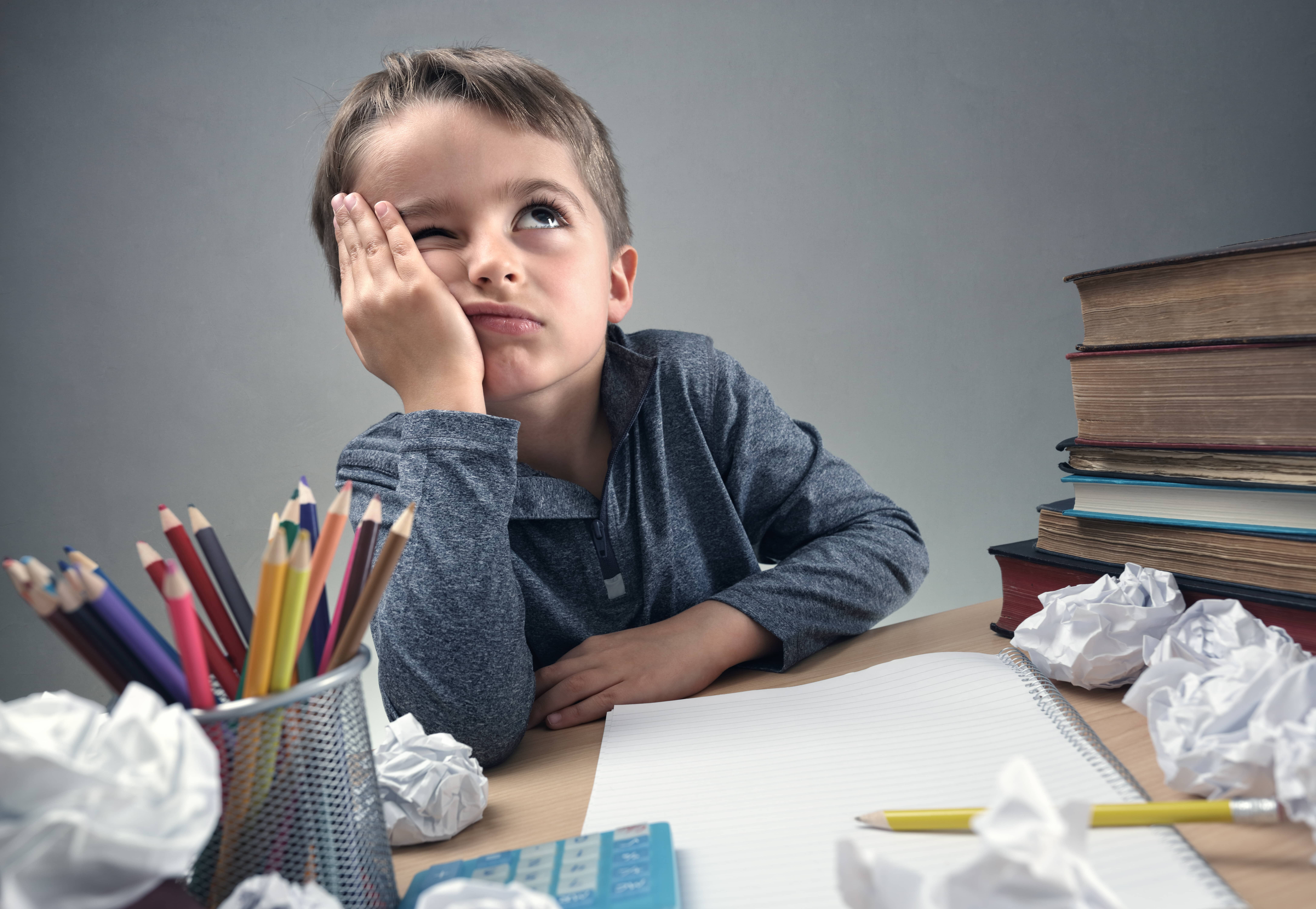

By: Carly Adames
We’ve entered perhaps the darkest winter we will ever face in our lifetime. COVID-19 infections have spiked in countless states, and a new, more contagious strand has been identified and has entered Connecticut. Despite a vaccine, access for most of the general public is limited in the near future. As we brace ourselves to make it through the cold, dark months of winter, a mental-health crisis looms over our heads due to isolation and the influx of negative news.
Winter is already a challenging time for many people. According to the Psychiatry Department at the Yale School of Medicine, Seasonal Affective Disorder, or winter depression, affects approximately 5-10% of the population in the northeast region of the United States as opposed to just 1% of Floridian residents. As the days become shorter and we face a season of cold weather and darkness, people tend to report a depressed mood or sadness, decreased interest and enjoyment of activities, poor energy or severe fatigue, and decreased self-esteem.
These are statistics of ordinary times—not amidst a pandemic, economic recession and an intense, divided political climate. What is very scary to consider is that we do not know how these times will impact this generation of children in the future. We do not have data from another recent pandemic to demonstrate the socioemotional and academic impact on children. This is something we should be considering seriously and proactively addressing.
Families with young children face the pressure of not only tending to their own mental health and wellness, but must realize that young children observe everything we do. Young children have the reputation of being egocentric, focused on their own play and entertainment, and perhaps unaware of their surroundings. However, young children perceive and absorb adults’ vibes, moods, and energy more than we realize. Early childhood educators hold endless stories testifying to the keen and observant nature of children and how in-tune they are to their surroundings. For example, a teacher who lost a family member came to work and, though she was not crying and was instructing her class as usual, a two-year-old child went over to her, put his head on her lap, asked if she was ok, and asked why she was sad. It brought tears to the teacher’s eyes. Given this awareness, it is all the more important not to try and mask our worries or anxieties in front of children, but to acknowledge them, practice self-care, and create a positive environment in our homes.
What makes this time more worrisome for young children’s psyche is the fact that their brains are still rapidly forming and developing. Adults’ brains are fully formed; we may feel down this winter but are able to bounce back next year. However, young children’s brains are forming an intricate roadmap of neurological connections that form a foundation for the rest of their lives. Thus, it is essential to ensure not only our own mental well-being but ensuring that of our children’s as well.
How can we endure through such a tough time of year while being isolated from our loved ones? Mental health professionals realize the importance of actively addressing these issues, and there are a variety of resources online.
Some practical ways to care for your family’s mental wellness during this season include getting outdoors, being exposed to sunlight, eating healthy, exercising, and practicing positivity. Since it is cold, sometimes you may feel like bundling up on the couch and watching Netflix all day. Instead, bundle up and get outside with your child! Fresh air and spending time outdoors is essential for young children’s wellbeing, and for that of adults as well. Getting outside during the daylight for at least 30 minutes a day provokes the release of serotonin, affects melatonin production (which regulates sleep), and allows the absorption of vitamin D. Try taking a 30-minute walk midday during your lunch break or in the afternoon with your child. Open your curtains and shades from the early morning to let the light in. Whether in the office or working from home, try moving your desk near a window to let in the light.
Although there are many challenges and stressors surrounding us, speaking positive words, encouraging and complimenting your family members, expressing gratefulness, and saying daily positive affirmations are ways that have been scientifically proven to benefit one’s mental and even physical health. Share things that make you happy or that you are grateful for with your child with a smile, and encourage them to do the same. In preschool, we always start the day by welcoming children by name and saying, “I’m so happy to see you today!” Kind, encouraging, and reassuring words go a long way.
At this point in history, we have no idea how the rippling effects of the pandemic will impact the mental health and wellness of this generation of children. No such research exists on such a grand scale since the situation is unprecedented. We can support young children by practicing wellness techniques to support both ourselves and our families to minimize the long-term socioemotional and psychological effects of the pandemic. Stay well!




